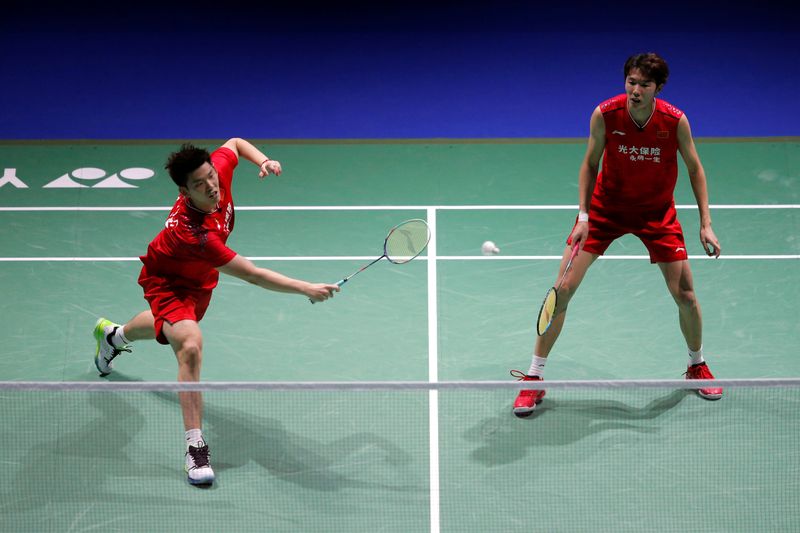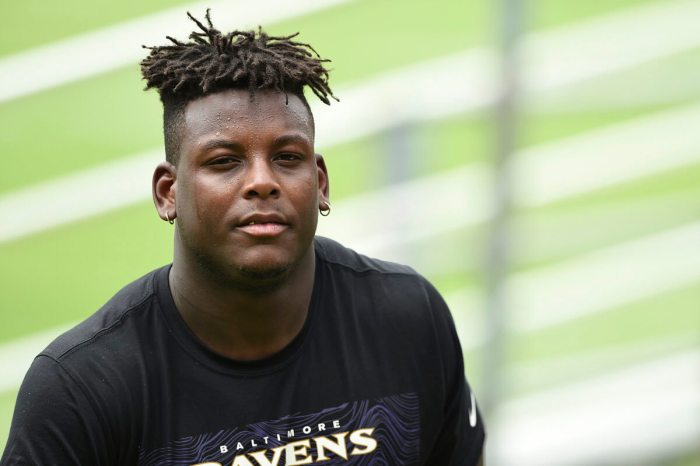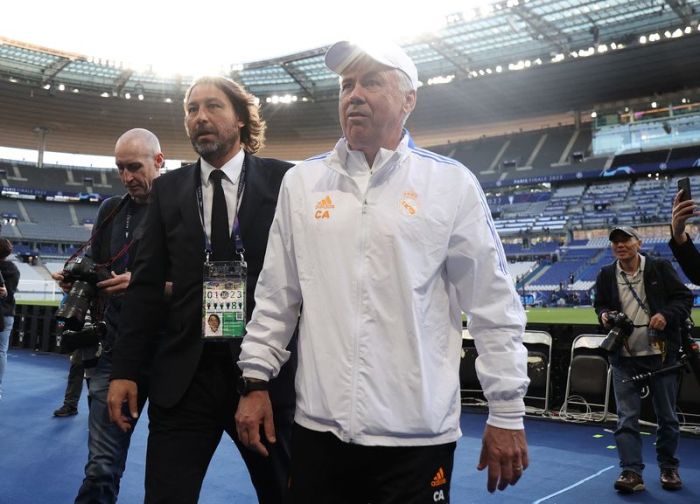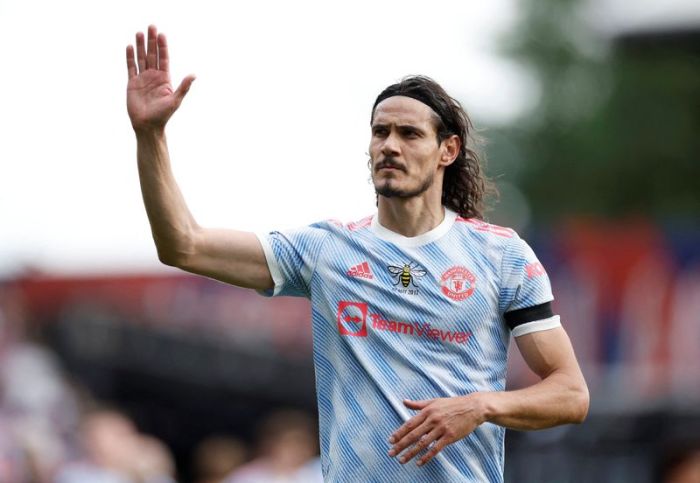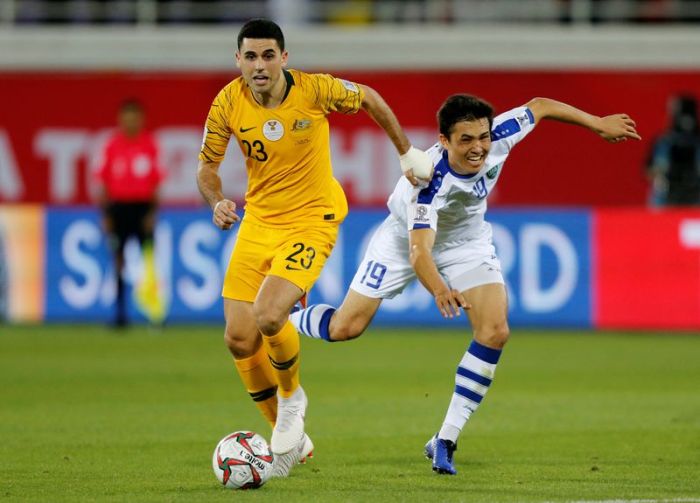TOKYO (Reuters) – When badminton begins at the Tokyo 2020 Olympics on Saturday, U.S. brothers Phillip and Ryan Chew are due to square off against China’s Li Jun Hui and Liu Yu Chen.
The Chinese rank number 6 – the Chews rank 35.
But that’s not putting the brothers off.
“Phillip and I know we’re underdogs in the tournament,” Ryan, 24, told Reuters. “But a medal is still definitely the goal as I’m sure is the same with the rest of our team and everyone else here for the Games.”
Badminton is one of a handful of sports the U.S. has not yet medaled in. Scoring a gold would draw more attention to the sport and help players build funding and a fan base.
In parts of Asia, including Indonesia, China and Japan, badminton has an overwhelming following. Asian athletes typically dominate and have won 92 of the 106 Olympic Games medals available from 1992 to 2016.
England, Spain and Denmark also often medal at the Games – Danes Viktor Axelsen and Anders Antonsen are set to give Japan’s darling, Kento Momota, a hard time in men’s singles, while at the 2016 Rio Olympics, Spain’s Carolina Marin took home the women’s singles gold.
But the U.S. has always found it hard to rally badminton fans and, with badminton being an indoor sport, drawing new members has been particularly tricky during the pandemic.
“I think that desire is still there, that people want to play, but some clubs have closed temporarily or permanently with COVID. So it’s definitely going to be rebuilding going forward,” said Jamie Subandhi, Rio 2016 Olympian and a former mixed doubles partner of Phillip Chew.
The Chews, from Orange County, California, have been the highest-ranked doubles pair in the U.S. since 2018. Though they played some tournaments together at the junior level, this partnership started only in 2018, Phillip, 27, said.
“Some people tell us they would never be able to play with their sibling but, for us, we do a good job at communicating with each other, whether it’s suggestions about our game or style, so it works out for the two of us,” Ryan said.
“I believe the U.S. Olympic Team has about six sets of siblings participating in Tokyo, and it’s definitely an honor to be one of them.”
(Reporting by Richa Naidu; Editing by Hugh Lawson)

